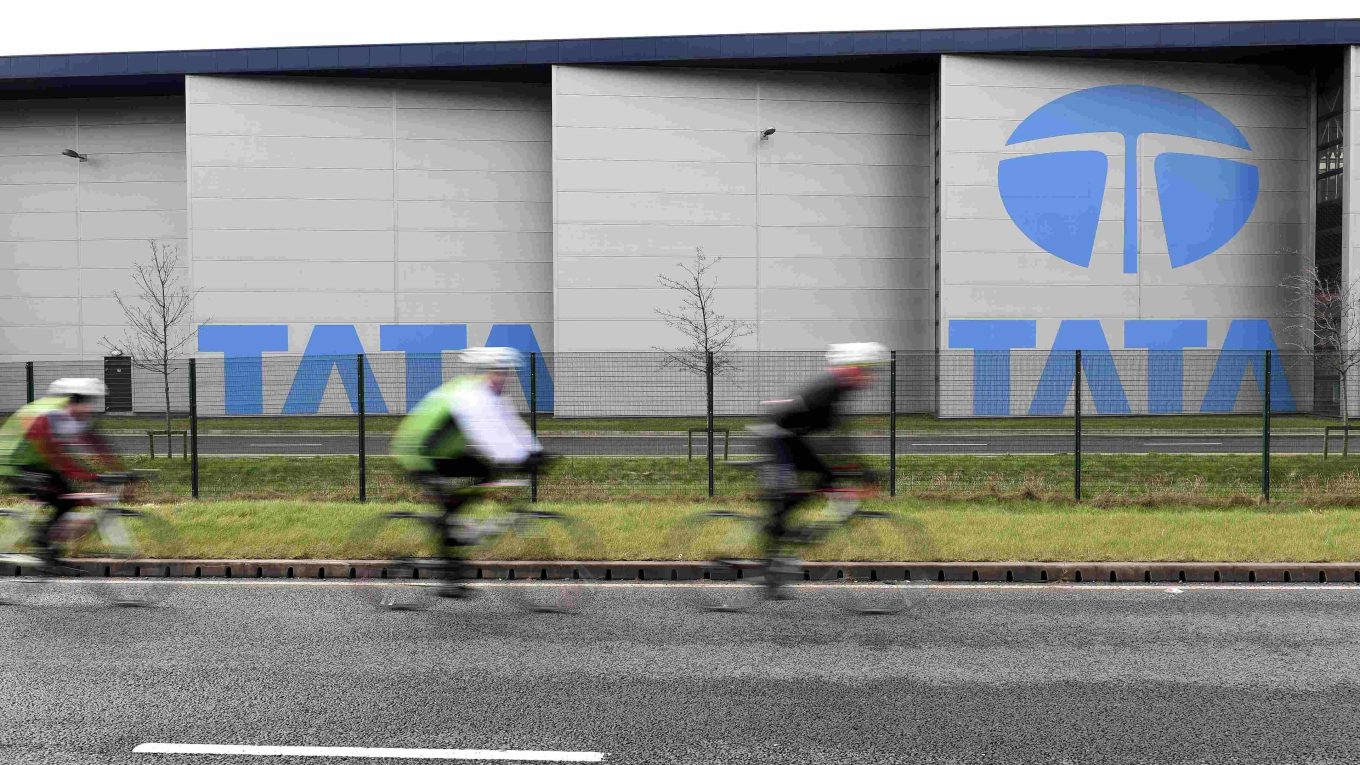Fitch Ratings upgrades ratings on Tata Steel to ‘BBB-‘ with stable outlook
Fitch Ratings on Monday said it has upgraded its ratings on domestic steel player Tata Steel Ltd (TSL) to ‘BBB-‘ with a stable outlook.
It has also upgraded the rating on USD 1 billion notes issued by Tata Steel subsidiary ABJA Investment, the rating agency said in a statement.
“Fitch Ratings has upgraded India-based Tata Steel Limited’s (TSL) Issuer Default Rating (IDR) to ‘BBB-‘, from ‘BB+’. The Outlook is Stable. We have also upgraded the rating on the USD 1 billion notes due July 2024 issued by TSL’s subsidiary, ABJA Investment Co. Pte. Ltd., and guaranteed by TSL, to ‘BBB-‘, from ‘BB+’,” it added.
The upgrade follows a revision in the company’s stand-alone credit profile (SCP) to ‘bb+’, from ‘bb’, on the reduction in uncertainty and financial risk from its UK operations.
In the UK, TSL will replace its blast furnaces with more cost-efficient and environment-friendly electric arc furnace (EAF)-based steelmaking capacity.
Consequently, we expect the UK operations’ cost competitiveness to improve. TSL’s IDR continues to benefit from a one-notch uplift from potential support from the Tata Group.
The UK assets are currently a weak link in TSL’s portfolio in terms of cost position, with a reported EBITDA loss of around (great British pound) GBP 130 million in the financial year ended March 2023 (FY23).
TSL’s plan to install an EAF-based steelmaking capacity of 3 million tonnes per annum (mtpa) at Port Talbot, UK, within the next three-four years should allow the UK business to generate a profit even during industry downturns, instead of being a drag on TSL’s financial performance.
The company’s Indian operations derive almost 100 per cent of its iron ore and 22 per cent of its coal requirements through the company’s mines, and its plants in Kalinganagar and Jamshedpur are among the lowest-cost assets in the world.
Tata Steel’s strong cost base in India grants it a significant competitive advantage amid volatile steel prices, underpinning its credit profile.
“We expect TSL’s average annual capex over FY24-FY26 to be around 30 per cent higher than the FY23 level of Rs 141 billion (FY22: INR105 billion). Spending in FY24 will mainly be on the 5 MTPA capacity expansion at Kalinganagar, which we expect to be commissioned by early FY25.
“We believe TSL will focus on the next phase of capacity growth in India from FY25, in addition to the planned capex in the UK, to achieve its target of around 40mtpa of capacity by 2030,” the agency said.
(Only the headline and picture of this report may have been reworked by the Business Standard staff; the rest of the content is auto-generated from a syndicated feed.)
